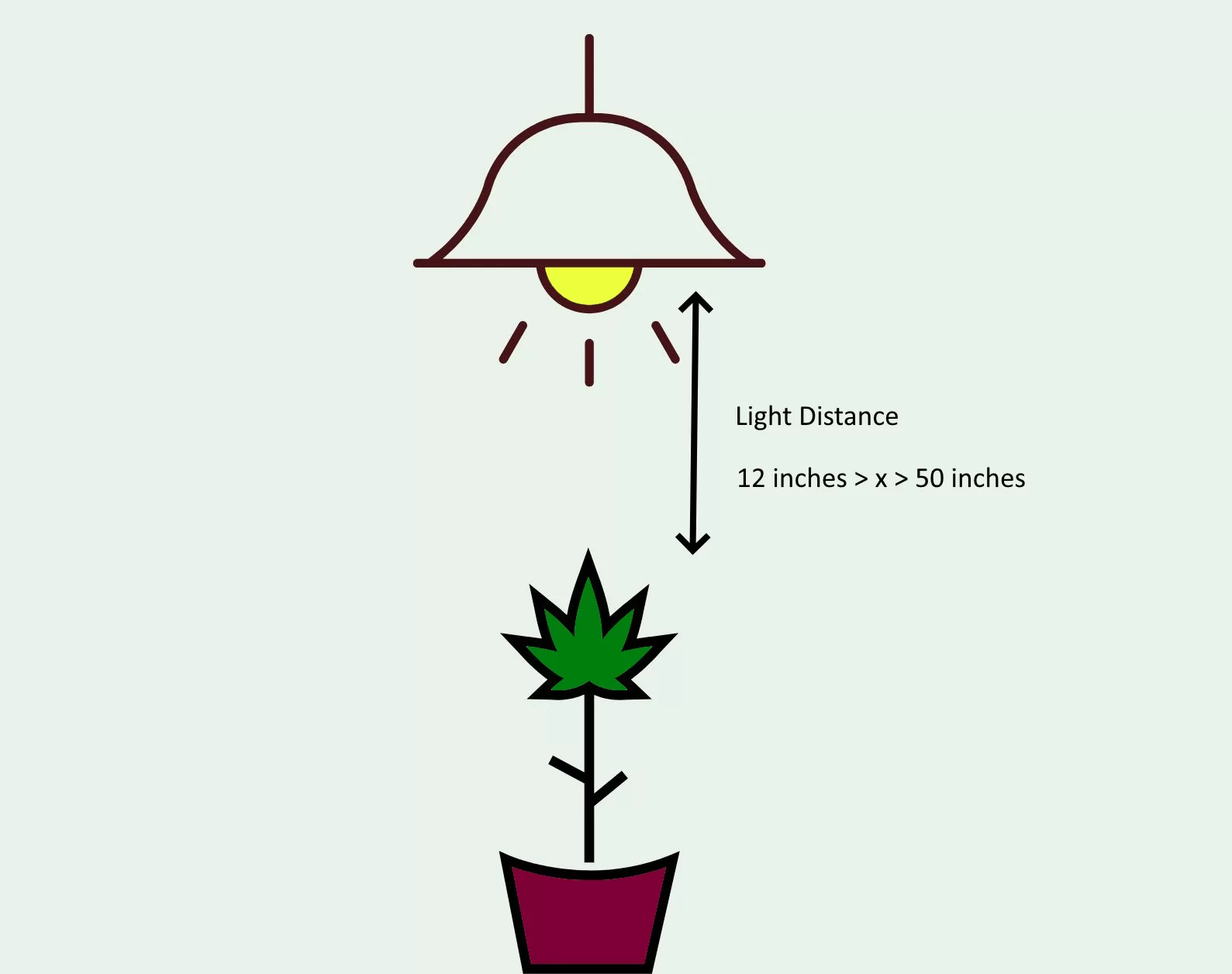As the legal cannabis industry continues to flourish worldwide, the demand for high-quality, consistent, and sustainable cultivation practices has never been greater. Soil science, a cornerstone of successful agriculture, plays a critical role in shaping the future of cannabis cultivation.
This article will explore the new frontiers and innovations in soil science that are poised to revolutionize the way cannabis is grown, focusing on sustainability, efficiency, and productivity. We will delve into groundbreaking research and cutting-edge technologies such as soil health monitoring, precision agriculture, and the use of biochar and other soil amendments to enhance growth and yield.
We will also examine the role of soil microbiology in improving plant health and resilience, as well as the potential for regenerative agriculture to create a more sustainable cannabis cultivation model.
By offering expert insights and a glimpse into the future of soil science in cannabis cultivation, this article aims to inspire and inform growers, researchers, and industry stakeholders as we collectively strive for innovation and excellence in the rapidly evolving world of cannabis agriculture.
Soil research and development
As the cannabis industry grows, it is imperative to stay ahead of the curve by keeping up with the latest advancements in soil science and their potential applications in cannabis cultivation. The future of soil is bright, and embracing these innovations can position you at the forefront of this rapidly evolving field.
In this section, we will explore some key areas of soil research and development that are poised to shape the future of cannabis cultivation.
- Soil health monitoring: Advanced soil sensors and real-time monitoring technologies are being developed to provide growers with accurate, up-to-date information about the condition of their soil. This enables growers to make informed decisions about nutrient management, irrigation, and other aspects of cultivation, ultimately leading to healthier plants and higher yields.
- Precision agriculture: Precision agriculture technologies, such as drones, GPS-guided machinery, and data-driven farming practices, are revolutionizing how soil is managed in cannabis cultivation. These tools allow growers to optimize their operations by applying precise amounts of water, nutrients, and other inputs, based on site-specific soil conditions and plant needs.
- Biochar and soil amendments: Researchers are exploring the use of biochar, a carbon-rich material derived from biomass, as a soil amendment in cannabis cultivation. Biochar has the potential to improve soil structure, water retention, and nutrient availability, leading to healthier plants and increased yields. Other innovative soil amendments, such as mycorrhizal fungi and beneficial bacteria, are also being investigated for their potential to enhance plant growth and resilience.
- Soil microbiology: The soil microbiome, a complex community of microorganisms living in the soil, plays a crucial role in plant health and nutrient cycling. Understanding the interactions between cannabis plants and their associated soil microbiome can lead to the development of new cultivation practices that promote beneficial microbial communities, ultimately improving plant health and productivity.
- Regenerative agriculture: Regenerative agriculture practices, such as cover cropping, no-till farming, and composting, aim to improve soil health, increase biodiversity, and sequester carbon in the soil. As the cannabis industry becomes increasingly aware of its environmental impact, regenerative agriculture offers a sustainable approach to cultivation that can benefit both growers and the environment.
By staying informed about the latest developments in soil research and embracing these cutting-edge technologies and practices, cannabis growers can optimize their operations, improve plant health, and increase yields, all while reducing their environmental footprint.
The future of soil science in cannabis cultivation is bright, and those who remain on the cutting edge will reap the rewards of innovation and sustainable practices.
Sustainable soil practices
As the cannabis industry continues to grow, it is essential to adopt environmentally friendly soil management techniques to contribute to a more sustainable future. By embracing sustainable practices, growers can help protect the environment, conserve resources, and leave the world a better place for future cannabis cultivators.
This section will discuss several sustainable soil practices that can be integrated into cannabis cultivation.
- Organic cultivation: Organic cultivation practices use natural, chemical-free inputs and methods to maintain soil health and fertility. By avoiding synthetic fertilizers, pesticides, and herbicides, organic growers can reduce their environmental impact and promote a more sustainable cannabis industry.
- Crop rotation and cover cropping: Crop rotation and cover cropping are essential strategies for maintaining soil health and fertility. Rotating cannabis with other crops helps prevent the build-up of soil-borne diseases and pests, while cover crops can improve soil structure, prevent erosion, and suppress weeds. Cover crops can also contribute to soil fertility by fixing nitrogen and adding organic matter.
- No-till farming: No-till farming is a sustainable soil management practice involving minimal soil surface disturbance. By leaving the soil undisturbed, no-till farming promotes the development of soil structure, increases water infiltration, and reduces erosion. This approach also helps to maintain and enhance the soil’s biological activity, leading to healthier, more productive cannabis plants.
- Composting and vermiculture: Composting and vermiculture (worm composting) are sustainable methods of recycling organic waste and turning it into nutrient-rich natural fertilizers. By incorporating compost and worm castings into cannabis cultivation, growers can reduce their reliance on synthetic fertilizers, improve soil fertility, and contribute to a more sustainable industry.
- Water conservation: Efficient water management is crucial for sustainable cannabis cultivation, especially in regions with limited water resources. Techniques such as drip irrigation, rainwater harvesting, and mulching can help growers conserve water while maintaining optimal soil moisture levels for their cannabis plants.
- Integrated Pest Management (IPM): IPM is an environmentally friendly approach to pest management that relies on a combination of biological, cultural, and chemical control methods to minimize pest damage while reducing the reliance on harmful chemical pesticides. IPM techniques include crop rotation, biological control agents, and the selective use of environmentally friendly pesticides when necessary.
- Biodiversity promotion: Encouraging biodiversity in and around cannabis cultivation areas helps to maintain a healthy ecosystem, benefiting both the environment and the plants. Planting a variety of companion plants, creating habitats for beneficial insects, and incorporating native vegetation can all contribute to increased biodiversity and a more sustainable cannabis industry.
By adopting these sustainable soil practices, cannabis growers can play their part in protecting the environment, conserving resources, and promoting a more sustainable industry for future generations of cultivators.
With a proactive approach and a commitment to sustainability, we can create a brighter future for the cannabis industry and the planet.
Pushing the boundaries
The future of cannabis cultivation is brimming with possibilities as soil science and technology work hand-in-hand to unlock the full potential of cannabis plants. By driving growth, yield, and potency to new heights, soil innovation is set to revolutionize the industry.
In this section, we will explore various aspects of this exciting future where soil science and technology converge to create unparalleled opportunities for cannabis cultivation.
- Smart farming technologies: Integrating smart farming technologies, such as the Internet of Things (IoT) devices, robotics, and artificial intelligence, will revolutionize soil management and cannabis cultivation. By using sensors and data analysis, growers can optimize their cultivation practices, closely monitor soil health, and make real-time adjustments to factors like irrigation, fertilization, and pest management.
- Plant genetics and breeding: Advances in plant genetics and breeding will enable the development of cannabis strains specifically tailored to thrive in various soil types and conditions. By combining traditional breeding techniques with cutting-edge genomic tools, researchers can create cannabis plants with enhanced root systems, nutrient-use efficiency, and resilience to environmental stressors.
- Soil microbiome engineering: A deeper understanding of soil microbiome dynamics and their influence on cannabis plant health and productivity will open up new avenues for soil microbiome engineering. By manipulating the composition of beneficial microorganisms in the soil, growers can create custom microbial communities that support optimal plant growth, yield, and potency.
- Nanotechnology in soil management: The use of nanotechnology in soil management offers promising opportunities for improving nutrient delivery, water retention, and soil structure. Nanoparticles and nanosensors can help growers more accurately monitor and control soil conditions, enabling precision agriculture techniques and more sustainable cultivation practices.
- Climate-resilient soils: As climate change continues to impact global agriculture, the development of climate-resilient soils will become increasingly important. By incorporating innovative soil management practices and technologies, growers can create soil systems that are better equipped to handle extreme weather events, temperature fluctuations, and other climate-related challenges.
- Circular agriculture and waste management: The future of cannabis cultivation will likely involve incorporating circular agriculture principles, emphasizing resource efficiency, waste reduction, and the recycling of organic materials. By adopting sustainable waste management practices, such as composting and biochar, growers can minimize their environmental footprint while improving soil health and productivity.
- Education and collaboration: The advancement of soil science in cannabis cultivation will rely on the continued education of growers and the fostering of collaboration between researchers, industry stakeholders, and technology developers. By sharing knowledge, resources, and expertise, we can collectively push the boundaries of what is possible in cannabis cultivation and soil innovation.
The sky’s the limit regarding soil innovation in the cannabis industry. By embracing these cutting-edge technologies and practices, growers can unlock the full potential of cannabis plants, leading to increased growth, yield, and potency.
The future of cannabis cultivation is bright, and the convergence of soil science and technology promises to reshape the landscape of this thriving industry.
Conclusion
The future of soil science in cannabis cultivation is filled with exciting new frontiers and innovations that promise to revolutionize the industry. By embracing advancements in technology, research, and sustainable practices, growers can optimize their operations, increase yields, and reduce environmental impacts. As the cannabis industry continues to evolve, staying informed and adaptive to these cutting-edge developments will be crucial for growers, researchers, and industry stakeholders, ensuring a prosperous and sustainable future for cannabis cultivation.











